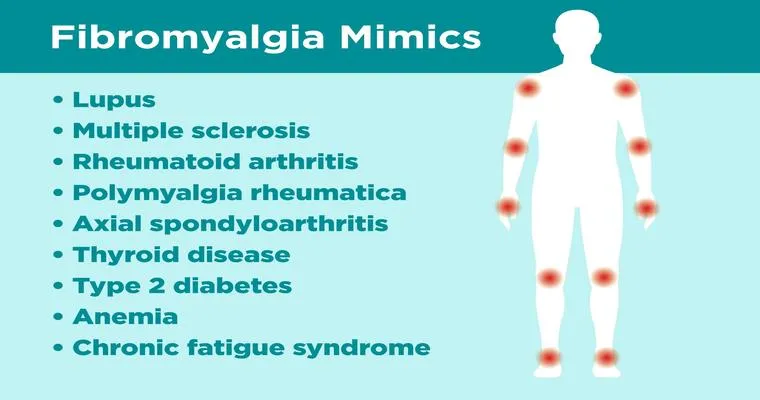Caregivers often experience significant emotional and physical stress while providing support to loved ones, which raises the question: are they at higher risk for "fibromyalgia"? This chronic condition is characterized by widespread pain, fatigue, and various other symptoms that can greatly affect one’s quality of life. Understanding the relationship between caregiving and fibromyalgia is crucial for both caregivers and healthcare providers.
The Connection Between Caregiving and Fibromyalgia
Caregiving can be a rewarding but also demanding role. Many caregivers face long hours, emotional strain, and physical demands, which can contribute to "chronic stress". Research has shown that prolonged exposure to stress can lead to various health issues, including "fibromyalgia". The constant pressure of caregiving can trigger an array of symptoms that mimic those of fibromyalgia, making it essential for caregivers to recognize the signs and seek help when necessary.
Symptoms of Fibromyalgia
The symptoms of "fibromyalgia" are often misunderstood or dismissed, making it vital for caregivers to be aware of them. Common symptoms include:
Widespread pain throughout the body
Fatigue that interferes with daily activities
Sleep disturbances
Cognitive difficulties, often referred to as "fibro fog"
Mood disorders such as anxiety and depression
Caregivers experiencing these symptoms should consult a healthcare professional for a proper diagnosis. Early intervention can help manage symptoms and improve quality of life.
The Role of Stress in Fibromyalgia Development
Stress is a well-known trigger for "fibromyalgia", and caregivers are often under immense emotional and physical stress. The responsibilities of caregiving can lead to "burnout", which can exacerbate existing health issues or even contribute to the development of new ones. Studies indicate that individuals with high stress levels are more likely to develop chronic pain conditions, including "fibromyalgia".
Coping Strategies for Caregivers
To mitigate the risks associated with caregiving, it is essential for caregivers to prioritize their own health. Here are some effective coping strategies:
"Self-care": Taking time for oneself is crucial. Engaging in hobbies, exercising, and maintaining a healthy diet can significantly improve overall well-being.
"Support networks": Joining support groups or seeking help from friends and family can provide emotional relief and reduce feelings of isolation.
"Mindfulness and relaxation techniques": Practices such as yoga, meditation, and deep-breathing exercises can help manage stress and promote relaxation.
"Professional help": Speaking with a mental health professional can provide valuable coping strategies and emotional support.
Conclusion
While caregiving can be incredibly fulfilling, it also comes with unique challenges that may increase the risk of developing "fibromyalgia". By understanding the connection between caregiving and chronic stress, caregivers can take proactive steps to protect their health. Recognizing symptoms early and implementing effective coping strategies can lead to a better quality of life, both for caregivers and the individuals they support. If you or someone you know is a caregiver experiencing symptoms of fibromyalgia, it is essential to seek medical advice to explore options for management and support.





